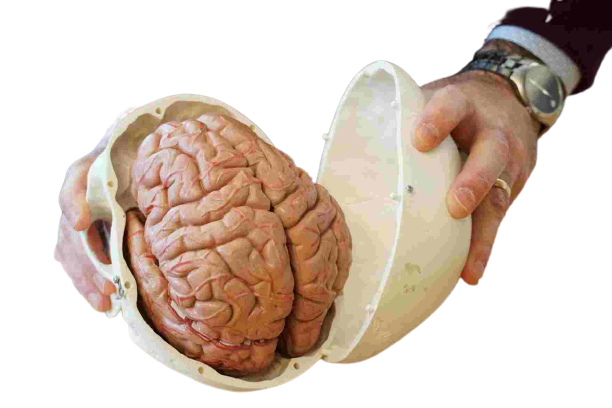Traditionally, it has been widely believed that individuals who menstruate experience a decline in their mental capabilities. However, recent scientific research has uncovered evidence that challenges this notion. Through a study observing three cognitive aspects across two menstrual cycles, scientists have found that the levels of estrogen, progesterone, and testosterone in the body do not affect working memory, cognitive bias, or the ability to multitask.
In a departure from previous studies, this research involved a significantly larger sample size and followed women through two consecutive menstrual cycles. Detailed monitoring was conducted on 68 women to examine the changes in three specific cognitive processes during different stages of the menstrual cycle.
The study revealed that cognitive bias was impacted during the first cycle, but these results were not replicated during the second cycle. Furthermore, researchers analyzed individual performance differences and changes over time, finding no significant variations.
Professor Brigitte Leeners, a specialist in reproductive medicine and a psychotherapist, expressed her perspective on the study, stating, “As someone who works with women who often believe that their menstrual cycle affects their well-being and cognitive performance, we sought to scientifically investigate this anecdotal evidence and question the methodologies of existing studies on this topic. Our findings shed light on this controversial subject.”
The research indicates that hormonal changes associated with the menstrual cycle have no association with cognitive performance. While there may be individual exceptions, overall, women’s cognitive abilities remain unaffected by hormonal fluctuations during menstruation.
Although further research is necessary, this study marks a significant step forward. Conducting studies with larger sample sizes, including subgroups of women with hormone disorders, and incorporating additional cognitive tests will provide a more comprehensive understanding of how the menstrual cycle truly impacts the brain. In the meantime, efforts are underway to challenge societal misconceptions and promote a more accurate understanding of menstruation and its effects.







Leave a Comment